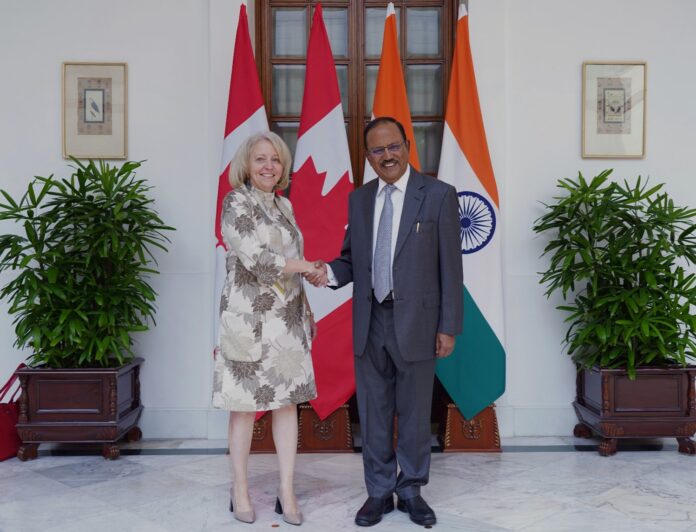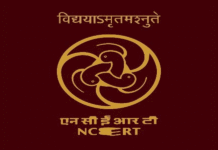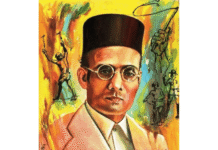India and Canada have taken a step toward resetting strained ties as National Security Advisor Ajit Doval met his Canadian counterpart Nathalie G. Drouin in New Delhi for bilateral security talks. The discussions, held on September 18, covered counterterrorism, combating transnational organised crime, and intelligence exchanges, the Ministry of External Affairs (MEA) said.
The meeting formed part of the regular bilateral security dialogue and followed up on the earlier engagement between Prime Minister Narendra Modi and Canadian Prime Minister Mark Carney at the G7 Summit in Kananaskis, Alberta. According to the MEA, the dialogue reflected “clear momentum for rebuilding trust and expanding cooperation at the highest levels of political leadership.”
Both sides agreed on the importance of strengthening security cooperation and reinforcing existing mechanisms of engagement. The NSAs also identified priority areas for future collaboration, while exchanging views on wider regional and global developments. The agreement to deepen security mechanisms is seen as an early indication of the two countries’ intent to open a new chapter in their bilateral relationship.
The talks come against the backdrop of heightened concerns over the safety of Indian diplomatic establishments in Canada. Reports of growing Khalistani threats to Indian missions, including the Consulate in Vancouver, prompted New Delhi to reiterate its expectations from Ottawa. “It is the responsibility of the Canadian government or the host government wherever we are to provide security as and when there is a concern,” MEA spokesperson Randhir Jaiswal said at a media briefing. India has conveyed the matter to Canadian authorities, seeking adequate protection for its diplomatic premises.
The dialogue also builds on commitments made at the leadership level earlier this year. During the G7 Summit, Prime Minister Modi and Prime Minister Carney held what officials described as “positive and constructive” discussions. The leaders agreed to restore High Commissioners to each other’s capitals and revive senior and working-level mechanisms across sectors including trade, connectivity, and people-to-people contact.
Foreign Secretary Vikram Misri later underlined that the June talks were a turning point aimed at reviving cooperation after a prolonged period of tensions. Since then, both sides have begun working on restoring structured dialogues to bring greater momentum to their engagement.
India-Canada relations had deteriorated sharply last year after former Prime Minister Justin Trudeau alleged in Parliament that India was linked to the killing of Khalistani figure Hardeep Singh Nijjar. The claims triggered a diplomatic standoff, with Canada labelling Indian diplomats as “persons of interest” in its probe. India strongly rejected the allegations as “absurd and motivated,” pointing instead to Ottawa’s handling of extremist elements on its soil.
The fallout saw exchanges of diplomatic measures and a cooling of ties, with security and trade cooperation both affected. The recent outreach, however, signals a willingness on both sides to reset relations through institutional dialogue and structured engagement.
By focusing on counterterrorism and intelligence cooperation, the NSAs have chosen a practical path that aligns with shared security interests. Organised crime and extremism remain challenges that affect both countries, making collaboration in these fields a potential foundation for rebuilding trust.
While differences remain, the MEA’s description of the talks as “productive” reflects optimism about a gradual revival. For India, the priority is securing its missions and ensuring Ottawa acts against extremist groups. For Canada, engaging New Delhi on global and regional issues helps broaden its international partnerships.
The outcome of the meeting suggests that the India-Canada relationship, while still fragile, is moving cautiously toward repair. The NSAs’ commitment to work closely in the coming months will likely shape the contours of bilateral ties as both countries explore avenues for cooperation without ignoring unresolved concerns.





